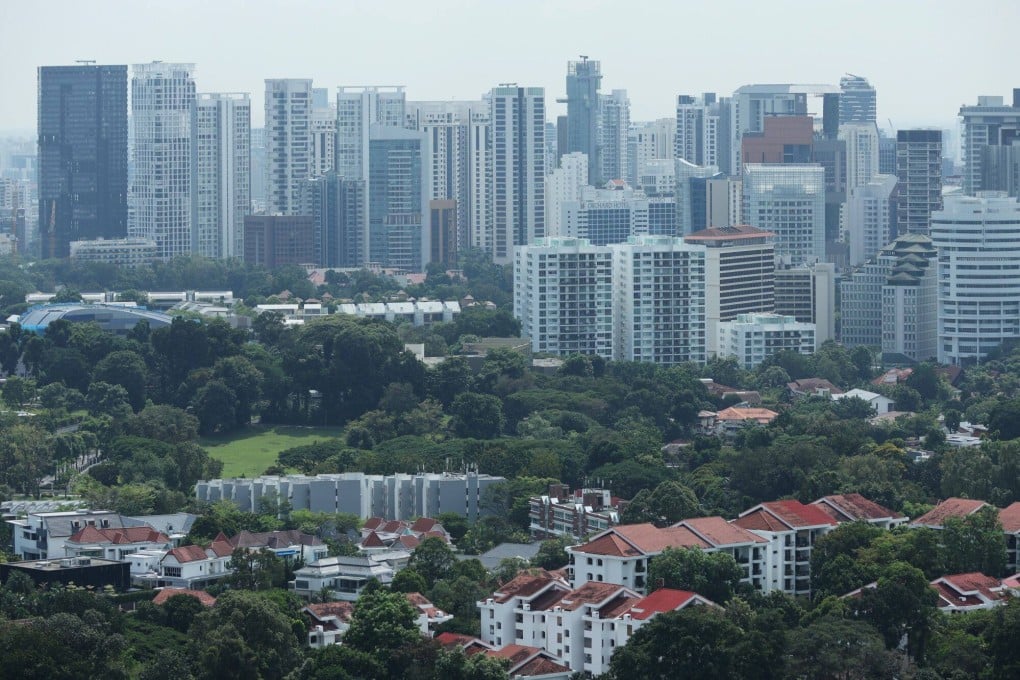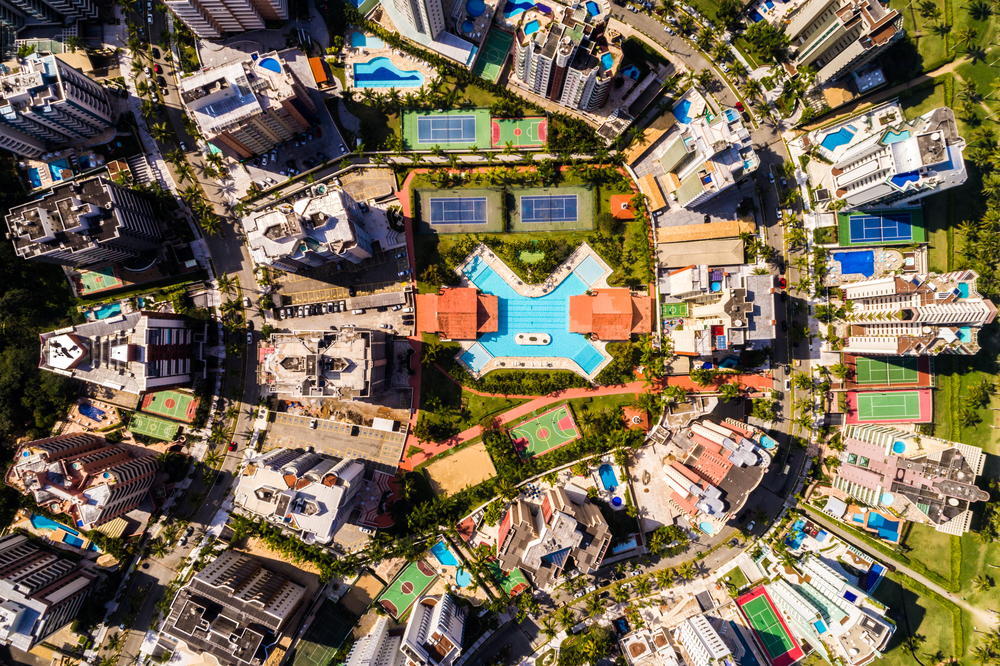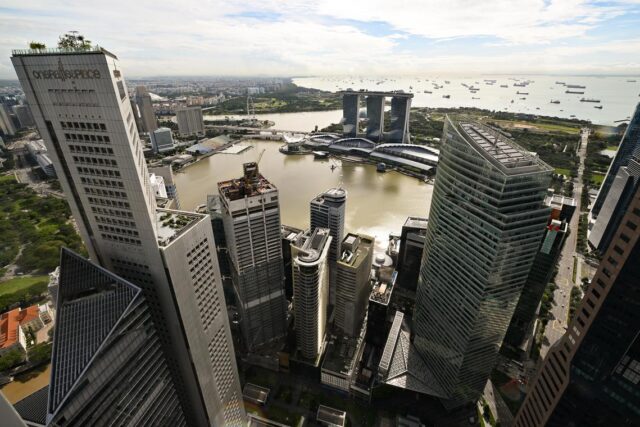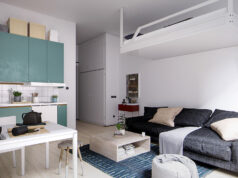As global economic dynamics continue to evolve, their impact reverberates profoundly through the luxury housing market in Singapore. Nestled at the crossroads of Asia, this vibrant city-state not only exemplifies affluence but also acts as a barometer for broader economic trends.
Fluctuations in international trade policies, shifts in currency valuations, and the rise or fall of foreign investment all play pivotal roles in shaping the landscape of high-end real estate. Amidst the myriad challenges posed by geopolitical tensions and market volatilities, Singapore’s luxury property sector showcases a remarkable resilience—yet also reflects the uncertainties of the global economy.
What does it mean for prospective buyers and investors? Dive deeper and discover how these intricate threads of the global economy intricately weave into the fabric of Singapore’s luxury housing scene.
Understanding Luxury Housing in Singapore: A Market Overview

Singapore’s luxury housing market stands as a striking reflection of global economic currents, shaped by both local dynamics and international influences. Amidst the soaring skyline, opulent condominiums and lavish bungalows not only signify wealth but also embody the aspirations of a diverse clientele—from affluent expatriates to wealthy locals seeking refuge in a stable investment.
Developments like the Skye at Holland perfectly illustrate how luxury properties cater to discerning buyers who value exclusivity, prime location, and modern design. The unique phrasing of luxury in Singapore transcends mere aesthetics; it intertwines with exclusivity, lifestyle, and proximity to vibrant cultural hubs and economic centers.
The demand for luxury residences sees fluctuations based on various factors, including geopolitical stability, exchange rates, and the economic health of major global players. As these influences ebb and flow, they instigate shifts in buyer sentiment and investment strategies, rendering the luxury housing landscape both dynamic and multifaceted.
Thus, to grasp the intricacies of this market is to navigate a complex tapestry woven with threads of economic prowess and aspiration.
The Role of Foreign Investment in Singapore’s Luxury Housing Market

Foreign investment plays a pivotal role in shaping Singapore’s luxury housing market, intricately woven into the fabric of the city-state’s economy. As global wealth shifts and economic landscapes evolve, affluent buyers from diverse regions—particularly mainland China, Indonesia, and India—are increasingly drawn to Singapore’s real estate, attracted not only by its stability but also by its reputation as a global financial hub.
The allure of high-end properties, often seen as both a status symbol and a sound investment, has led to a surge in demand for luxury condominiums and exclusive bungalows. However, this influx is not without its complexities; foreign buyers face various regulatory measures that can influence their purchasing decisions.
Yet, despite these hurdles, the appeal remains robust, as investors seek not just homes but a foothold in one of Asia’s most thriving markets. Ultimately, this dynamic interplay between global capital and Singapore’s unique characteristics continues to redefine the luxury housing landscape, challenging conventional perceptions and driving forward a market that is as vibrant as it is competitive.
Effects of Geopolitical Stability on Singapore’s Real Estate Appeal

Geopolitical stability plays a pivotal role in enhancing Singapore’s allure as a prime destination for luxury real estate investment. Nestled in a region characterized by economic dynamism yet fraught with uncertainty, Singapore presents a beacon of security and predictability.
This stability fosters investor confidence, allowing affluent buyers from around the globe to envision a thriving future amidst a backdrop of global volatility. With low crime rates, sound governance, and a robust legal framework, Singapore emerges not just as a home but as a sanctuary.
The juxtaposition of rapid urban development and well-preserved cultural heritage provides diverse opportunities, further sweetening the deal for those looking to anchor their wealth in a place that promises both growth and tranquility. As such, the interplay between global political dynamics and local real estate demand creates a unique tapestry where investors can find both solace and opportunity, reinforcing Singapore’s standing atop the luxury housing landscape.
Conclusion

In conclusion, the intricate interplay of global economic trends has a profound impact on Singapore’s luxury housing market, influencing buyer behaviors, investment patterns, and property values. As international wealth continues to flow towards safe-haven assets, properties like Skye at Holland exemplify the rising demand for luxury living in the heart of Singapore.
With evolving demographics, shifting economic landscapes, and the increasing desirability of urban living, it becomes evident that Singapore’s luxury housing sector is not only resilient but also poised for continued growth. Understanding these dynamics will be essential for investors and homebuyers alike as they navigate the complexities of this ever-changing market.




